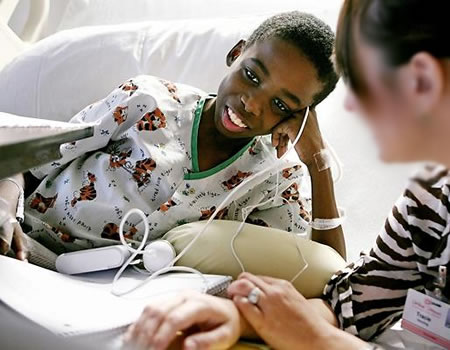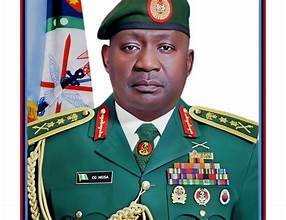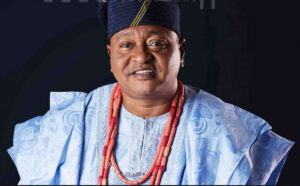Why patient registry is vital to better sickle cell disease care — Expert
[ad_1]
A medical expert, Professor Titilope Adeyemo, says insufficient awareness and education were a challenge in ensuring Nigeria has a sickle cell disease patient registry crucial to changing current narratives surrounding the disease in the country.
Adeyemo who spoke at a symposium on “Sickle Cell Disease” by Ibadan Medical Specialists Group, (IMSG) UK, said the sickle cell disease patient registry can be a powerful tool to observe the course of the disease, to understand variations in treatment and outcomes and examine factors that influence the prognosis and quality of life of persons living with sickle cell disease.
According to her, without a good sickle cell disease patient registry, describing care patterns, including appropriateness of care and disparities in the delivery of care to persons living with sickle cell disease would be difficult.
Adeyemo stated that although Nigeria accounts for about 75,000 to 100,000 of persons with sickle cell disease in the world, the public health infrastructure required for diagnosis and management of SCD is inadequate or non-existing, 90 per cent excess mortality was recorded among children under 5 with SCA and the disease has a significant burden for patients and the healthcare system
In addition, she declared that large longitudinal data on patients and their outcomes are critically lacking in sub-Saharan Africa, where the disease is most prevalent and projections say the global number of newborns with SCD may have increased by about 400,000 by the year 2050.
At the event, Professor Adetola Kassim at the Vanderbilt University Medical Centre, Tennessee, USA also talked about curative therapies for sickle cell disease like bone marrow transplant and sickle cell gene therapy, a potentially curative treatment that aims to encourage the production of more healthy red blood cells to alleviate symptoms.
Earlier, IMSG president, Mr Banji Adeyoju said the group aims to advance undergraduate and postgraduate medical and dental education by offering resources and support to the College of Medicine at the University of Ibadan.
In a remark, ICOMAA President, Professor Emmanuel Otolorin said world over, most prestigious universities are supported by alumni and research grants and therefore called for the continuous support of the alumni by the college.
Otolorin said the days that Universities had international students coming in to study, brain drain and decay in infrastructure needs to be reversed as well as reiterated increased advocacy for increased involvement of alumni groups in the running of educational institutions.
[ad_2]















Post Comment